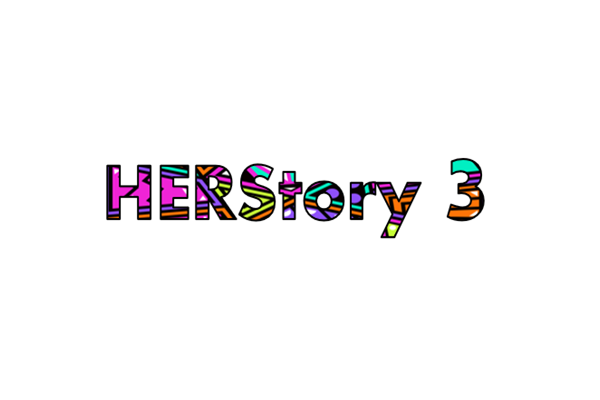South African Medical Research Council Addresses Misinformation Amid Study Conduct in Communities
The South African Medical Research Council (SAMRC) is addressing concerns over the dissemination of misleading information impacting their staff's safety in communities where the organisation is conducting its research.
The SAMRC is currently undertaking the HERStory 3 study, aimed at assessing the HIV burden among adolescent girls and young women (AGYW) in South Africa from 2016 – 2022. The study focuses on AGYW aged 15 to 24 years in twelve intervention and comparison subdistricts across the country.
The study is currently in progress in the following communities in Nyandeni, and Nelson Mandela C communities in the Eastern Cape, Bitou, Kwanokuthula and New Horizons in the Western Cape, , Ephraim Mogale in Limpopo, Umhlabuyalingana, Madonela, and Hlabisa in KwaZulu-Natal and soon to start in Bloemfontein, Free State.
Misinformation circulating in these communities suggests that blood is being drawn from young girls for illicit purposes. Dr. Kim Jonas, Specialist Scientist in the SAMRC Health Systems Research Unit, clarifies, “Our process doesn’t involve drawing of blood. We use what is called a Dried Blood Spot (DBS) procedure, which is done by pricking the finger and a drop of blood is collected."
The DBS specimens are collected by trained fieldworkers from consenting AGYW. The collected blood is used for various tests including assessing HIV infection, CD4 count, viral load, presence of antiretroviral treatment (ART), and presence of PrEP drugs among participants.
To acknowledge their participation, participants receive shopping vouchers, not money, as a token of appreciation. This is not to be mistaken as “buying blood” as it is also being miscommunicated. Participation in the study is voluntary, and consent can be withdrawn at any time.
Before the study commenced, SAMRC does consult with the community involved and as such the HerStory 3 study is supported by the relevant Ward counsellors, Traditional leaders, Indunas, as well as municipal leaders (office of the speaker and Mayors) before being rolled out in the communities. This is obtained through community awareness and liaison activities that are done before teams start visit households in the communities.
Dr. Jonas emphasises the significance of this research, stating, “Leading research in sexual and reproductive health (SRH) for young people has become increasingly important. HERStory 3 adds value in understanding how to better reach AGYW, and what information and services they need to protect themselves. Addressing AGYW’s SRH needs will help reduce HIV and unintended pregnancy rates among them, promoting their overall health and wellbeing."
The SAMRC urges communities not to be hostile towards their fieldworkers and to rely on accurate information, not misleading information on social media.
“The research we are conducting is legit and is being conducted ethically with the support of the Department of Health for the benefit of South Africa's youth. However, we are aware that there might be people with an ulterior motive and might use our research concept for their wrongdoings. The communities can recognise our fieldworkers through their blue bibs written HERStory 3 2024 with the SAMRC and Geospace logos, staff ID cards with their face phots, names, ID number and staff ID numbers,” says Dr Jonas
For more information, please contact:
- Dr Kim Jonas
Specialist Scientist: Health Systems Research Unit
Email: kim.jonas@mrc.ac.za

